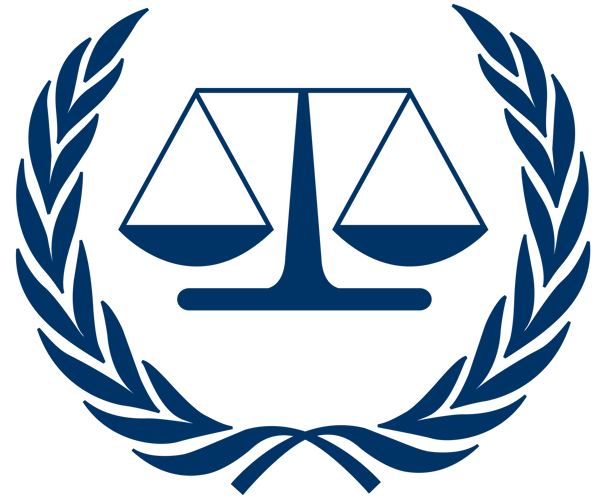The ICC and The Hague Invasion Act
A 2002 law created to shield US representatives from charges of war crimes.
THE DARK SIDE


Background
Israel's war on Gaza has brought the eyes of the world to fall on the United Nations, the International Court of Justice and the International Criminal Court (ICC).
For many years, the United States have traditionally acted as a self-appointed police force in the world. This is a position that has been condemned by many as an excuse for imperialism and exploitation by military dominance, although it still retains support from western governments.
Recent events in the middle-east have once again brought the US position under scrutiny. The Biden administration has pledged support to Israel while the International Court of Justice has accepted the case brought by South Africa that Israel has committed acts in violation of the Genocide Convention.
With the leaders of the West supporting a side considered by some nations to be acting illegally, many have looked to the UN with calls for a ceasefire and justice.
The founding of the UN
The United Nations (UN) was founded on October 24, 1945, in the aftermath of World War 2. Its primary goal was to prevent future conflicts and promote international cooperation and peace. The UN was established to replace the League of Nations, which had failed to prevent the outbreak of the Second World War.
The UN Charter, the organisation's founding document, outlined its principles and goals. These included "maintaining international peace and security, promoting human rights, fostering social progress, and facilitating cooperation in solving economic, social, cultural, and humanitarian issues".
While the United Nations has made significant contributions to global peace and security, it has faced criticism for its lack of effective enforcement mechanisms on resolutions. The UN Security Council, the primary body responsible for maintaining international peace and security, has often struggled to take decisive action due to the veto power held by its five permanent members: the United States, Russia, China, France, and the United Kingdom.
This veto power has resulted in situations where resolutions are adopted but not effectively implemented. In some cases, member states have been able to circumvent or ignore UN resolutions without facing consequences. This has been made apparent in the last five months by the US using their veto three times to prevent demands for an immediate ceasefire in Gaza.
This lack of enforcement undermines the credibility and effectiveness of the UN's decision-making process.
The Hague Invasion Act
The American Service-Members' Protection Act (ASPA), also known as the "Hague Invasion Act," is a piece of legislation passed by the US Congress in 2002. The act aims to protect American military personnel and officials from prosecution by the International Criminal Court (ICC).
The ICC is an independent judicial body established by the Rome Statute in 1998. Its purpose is to investigate and prosecute individuals responsible for genocide, crimes against humanity, war crimes, and the crime of aggression.
The United States is not a member of the ICC.
The ASPA authorises the President of the United States by "all means necessary and appropriate to bring about the release of any U.S. or allied personnel being detained or imprisoned by, on behalf of, or at the request of the International Criminal Court".
To summarise, the act allows the president to order U.S. military action, such as an invasion of The Netherlands, to protect American officials and military personnel from prosecution or rescue them from custody.
While the ASPA was enacted with the intention of protecting American service-members, it has been criticised for undermining the authority and effectiveness of the ICC. Critics argue that the act sends a message that the U.S. is unwilling to be held accountable for its actions and undermines the global fight against impunity for grave international crimes.
As the world continues to face complex challenges, it is crucial for International Organisations to address the shortcomings in their enforcement mechanisms and for member states to uphold the principles and goals outlined in the respective charters.
Only through collective efforts and commitment to international cooperation can the UN fulfil its intended mission of maintaining peace, promoting human rights, and fostering global development.
